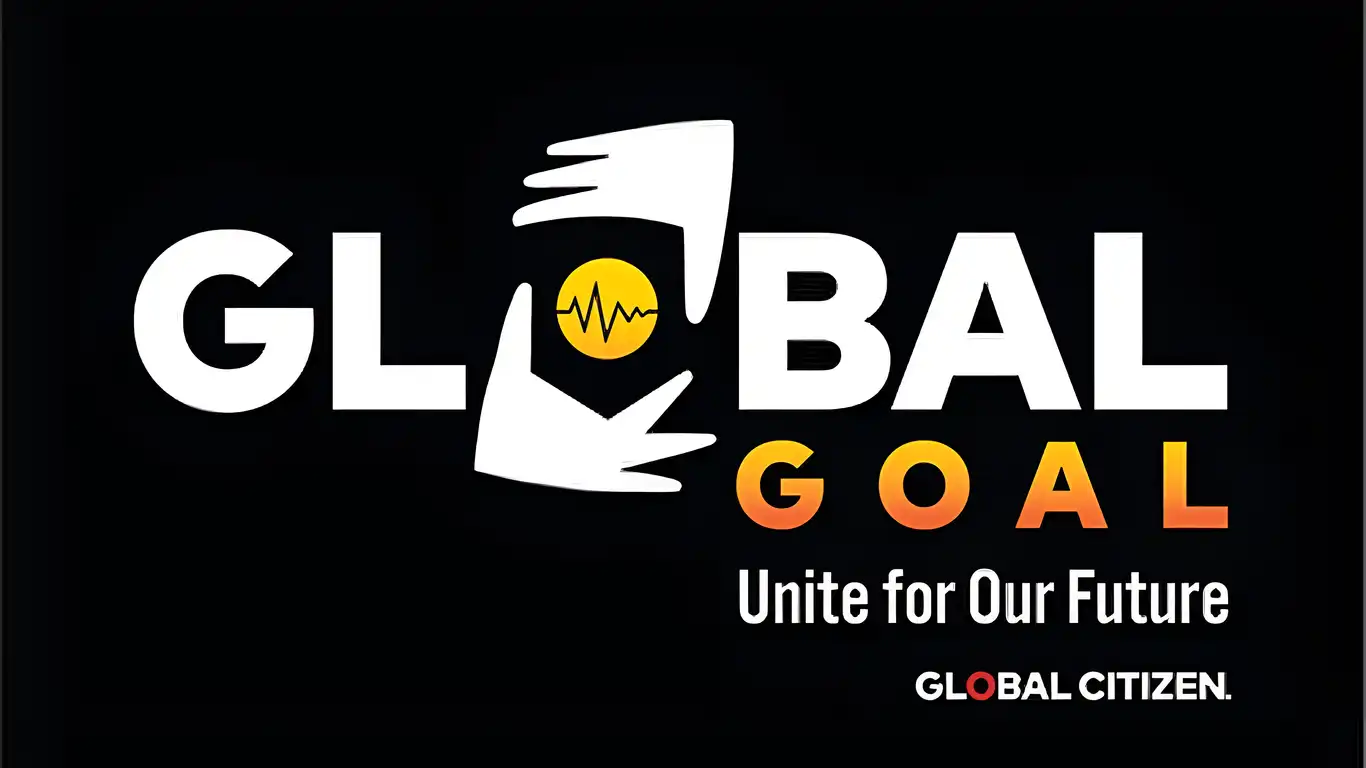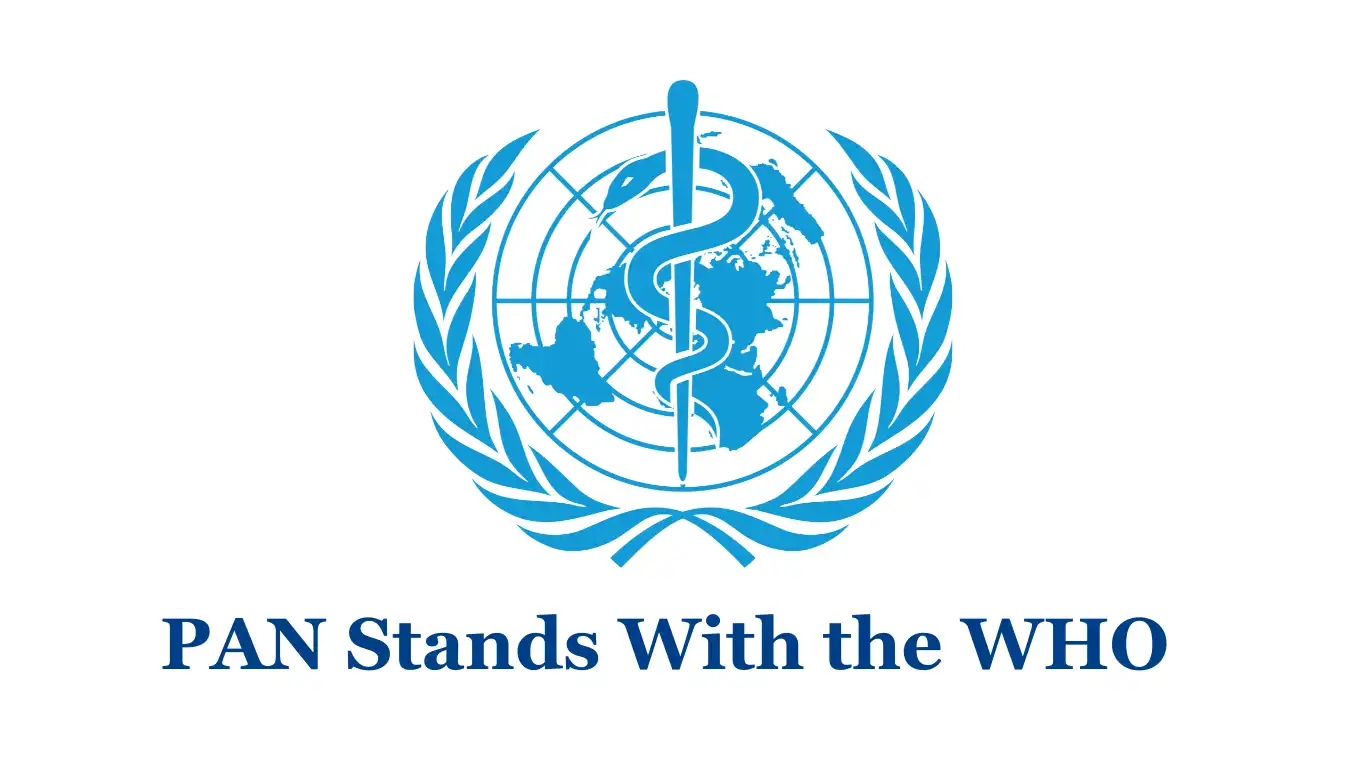As the world continues its long fight against COVID-19, world leaders have repeatedly signaled their strong commitment to global health. The Gavi replenishment summit, where US$8.8 billion were raised to help immunise millions of children and strengthen health systems in the poorest countries, was the last of a series of events that helped mobilise crucial funds to help the poorest countries cope with COVID-19. But this is not enough.
World leaders will gather again at the Global Goal: Unite For Our Future Summit on June 27. At the Pandemic Action Network, we’ve called on leaders to build on the success of the Gavi replenishment and previous pledging moments to go much bolder to make sure we don’t repeat the errors of the past. They must seize the opportunity of June 27 to ensure the world has the resources and efficient, inclusive mechanisms necessary to rid the world of COVID-19, deliver equitable access to innovations, as well as to develop a plan alongside this vital work to prevent future pandemics.
To do that, leaders must urgently commit to a time-bound, transparent and credible process for the adoption of a global, cost plan for pandemic preparedness. Once and for all, we must break the deadly and costly cycle of panic and neglect that has left the world so vulnerable to pandemic threats. Wealthy countries must step up support to the poorest countries to make the necessary investments in national health security action plans and more resilient health systems in support of the most marginalised communities. Every country must have the capacity to detect, prevent and respond to future outbreaks before they become deadly and costly pandemics – so the world does not repeat the death and economic devastation we have seen in 2020.
World leaders must also ensure that all COVID-19 response tools and initiatives are global and equitable. Any plan being launched on the production, distribution and purchasing of possible future vaccines and drugs need to have universal access and equity at their heart. It is vital that developing countries have a place as equal partners in both ACT/A and the new EU Alliance on vaccines that will be announced tomorrow. It is also crucial that marginalised and vulnerable groups, health care workers and other key workers, those living in LMICs, LICs and those in COVID-19 hotspots are prioritised when vaccines are rolled out.
World leaders must live up to their commitments to work for global solutions to this crisis, leaving no one behind, as well as to start treating pandemics as the existential security threat they are. Not only is that the right thing to do ethically, but it is also in the self-interest of each citizen and every nation, because no one will be safe until everyone is safe.
This is what we are asking for from world leaders, and we will be asking them to deliver on June 27 and start the process towards making our world resilient against future pandemics.



